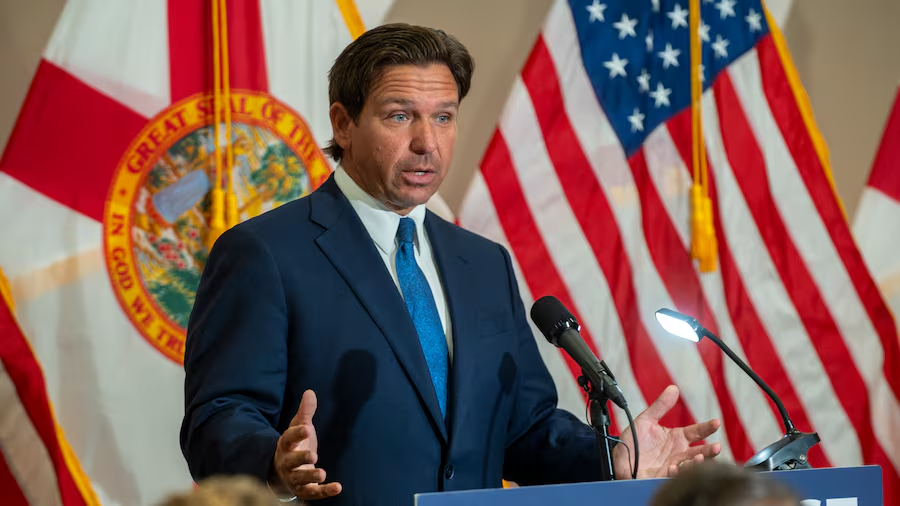Ron DeSantis says Legislature decides condo law special session.

As condominium owners across the state face huge increases in their homeowner association assessments, Florida Gov. Ron DeSantis has stated it is up to the Legislature to call a special session to amend the statute that caused the increases.
“If the Legislature has ideas about how to make this more sensible for people, I’m completely open to them,” DeSantis said during a press conference in Aventura on Thursday, according to a recent article by Gray Rohrer of Florida Today.
Following the June 2021 collapse of the Champlain Towers South, a 12-story condo in Surfside, Miami-Dade County, lawmakers unanimously passed legislation (SB 4-D), which DeSantis signed into law in May 2022. The collapse killed 98 persons.
Condominium buildings with three or more stories must be inspected after 30 years. Condo associations must also conduct studies to determine the necessary reserves to cover big maintenance repairs, such as roof replacements, as well as any structural upkeep or replacements.
The increased standards have resulted in significant increases in evaluations, some approaching six figures. In response, many condo owners are choosing to sell their units. According to the Wall Street Journal, condo sales in South Florida have doubled since the first quarter of 2023, reaching 18,000 units.
“The Legislature did this, they did hearings and stuff and I was like OK, fine,” says DeSantis. “But there was always the possibility that there could be unintended consequences, so they owe it to their constituents to listen to them, to figure out.”
According to Florida’s constitution, a special session can be called by DeSantis, the leaders of the House and Senate, or by a vote of at least 60% of the Legislature’s rank and file members.
Requests for comment are pending with House Speaker Paul Renner (R-Palm Coast) and Senate President Kathleen Passidomo (R-Naples). If no extraordinary session is convened, the Legislature will not reconvene for its next regular session until March 4, 2025.
“If the legislators talk to their folks and have some proposals to provide some reforms that would alleviate some of that burden, I think that would be a welcome thing,” he said. However, they will need to develop that after speaking with the affected parties.
This article originally appeared on Florida Today.
